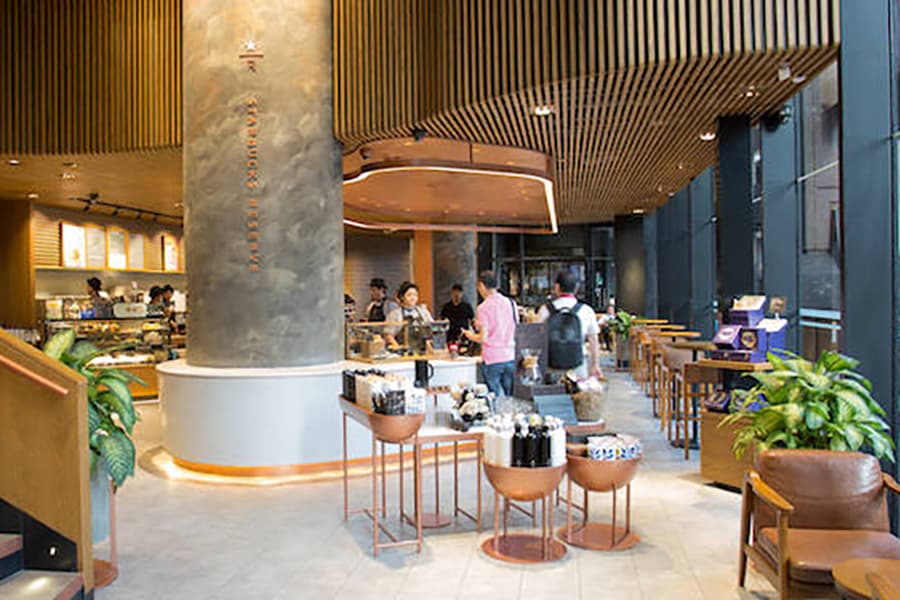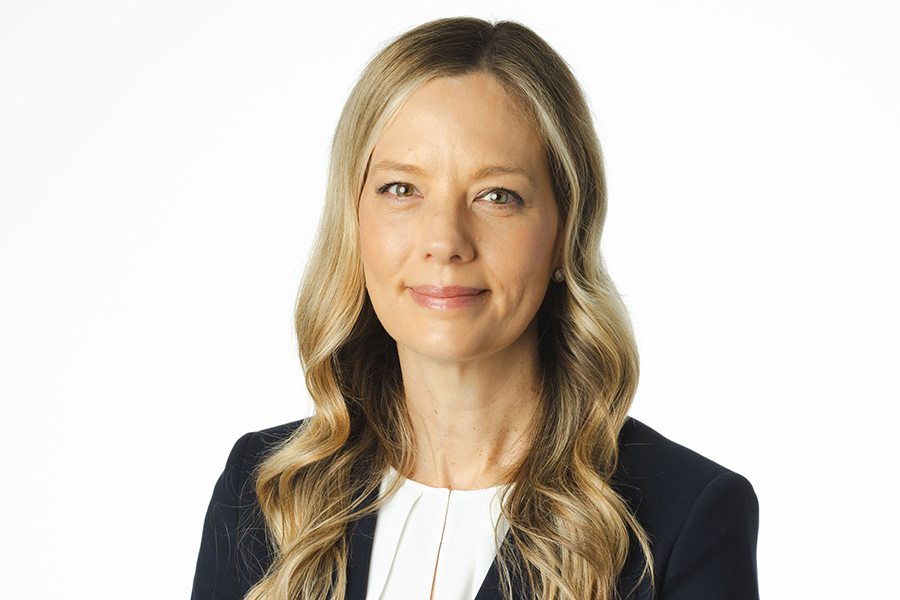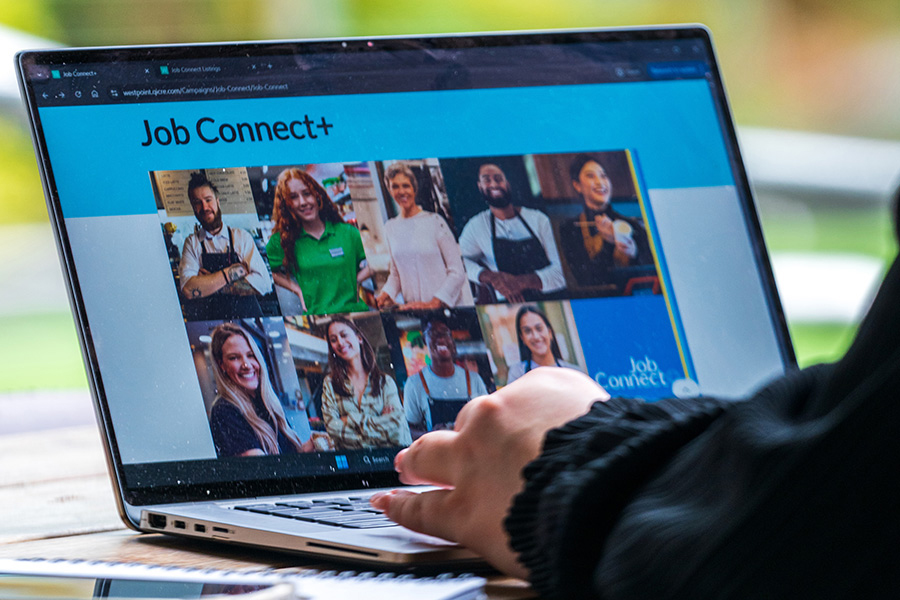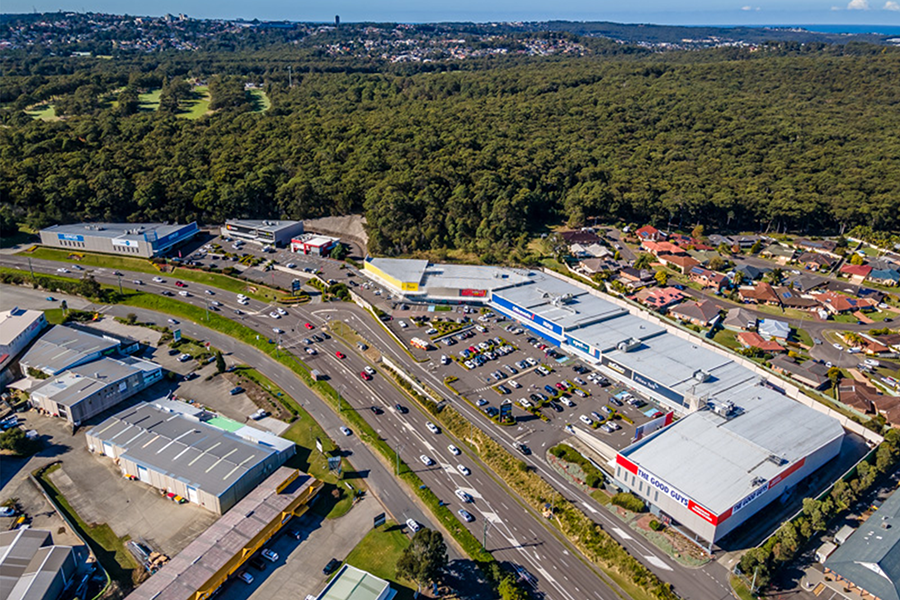In the second instalment of this two-part article (part one published last week), Francis Loughran of Future Food, explores the big issues facing the hospitality industry as it struggles to come to terms with the impacts of COVID-19 and associated political impacts.
There has been a lot written both globally and here in Australia about the increasing worry and stress around food businesses, large and small. The concern is very real and very localised (for example, Victoria is still talking about an even longer extended lock-down) however, we must always see the ‘blue-sky’ in the distance as we all love to eat, drink and socially connect.
The pandemic issues the same problem for all food and hospitality businesses, large and small and very few people believe that anything will ever be the same again still in the industry. The situation is very fluid, and people are working their way through this crisis day by day and minute by minute.
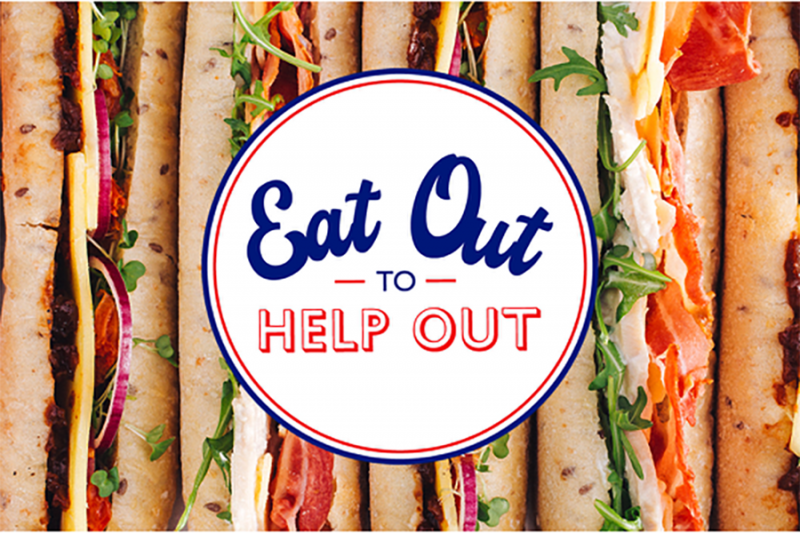
The criteria of competency
The criteria of competency in (food and beverage) F&B and hospitality operations have substantially changed in the past eight months. Whether or not this will prevail in the long-term remains to be seen however we can say that the current situation requires an augmented skill set and a restructured list of priorities.
Typically, the number one goal of most food businesses is profitability. Under current global conditions food and hospitality requires a completely different approach, for many operators, survival and business sustainability are now the number one priority. COVID-19 restrictions or restrictions as a result of the second or third wave of lockdowns is providing a fluid and evolving landscape.
For operators in Melbourne, the second wave and subsequent lockdowns has been extremely challenging. Re-opening after the first lockdown took a lot of hard work and money, and a second lockdown will destroy much of the goodwill and hard work that has already been done.
Kirsty Chiaplias, owner of Melbourne eatery Babajan, believes the hospitality model of dine-in service “doesn’t work anymore” and many smaller operators simply can’t make money once they cover their overheads. Now, midway through Melbourne’s stage four lockdown, Chiaplias says she’ll never go back to offering a dine-in service again.
For many Queensland operators who rely on interstate (and international) tourism, securing revenue continues to be a challenge with the ongoing effects of COVID-19 being felt, even as the state reports very low levels of infection, purely and simply because there is no customer base. With the $6 billion international tourism market effectively closed for business, domestic travellers are the only source of revenue for many operators. The border closures effectively reduce revenue potential as we head into the summer season and this provides additional uncertainty for many tourism and hospitality operators. That uncertainty fuels further emotional stress to go on top of the current financial pressures that so many are facing.
And of course, our customers’ spending habits have changed, whether driven by lifestyle adjustment, lowered disposable income, work from home edicts or elevated appreciation for hygiene and safety, the result is the same for most – reduced revenue potential. As such, it is time to reconsider the business case and operating model for many food operators, a recalibration of what is possible needs to be conducted and determination of a new strategy that maximises revenue and minimises as much of the overwhelming cost structure as possible.
Rental abatement
One of the biggest contributors to both the financial & emotional stress of the COVID-19 pandemic has been rental commitments for many F&B operators. The Shopping Centre Council said a total of 87% of all small to medium-sized tenants had requested rental relief, with the hospitality industry the most in need of assistance.
In a recent statement by Paul Zahra, Australian Retailers Association (ARA) Chief Executive, “The pandemic is far from over, and retailers will continue to struggle with its impacts,” “We believe that rent relief schemes should be extended by six months in its current form, in accordance with the extension of other support measures.”
Certainly, a little bit of security in an uncertain world, would do much to provide emotional support for many F&B operators at this time.
Light at the end of the tunnel?
In a constantly evolving landscape, previous experiences provided by the first round of COVID-19 lockdowns will give many F&B operators a basic modus operandi to utilise, even though this may only provide low levels of comfort, some operators have been incredibly inventive.
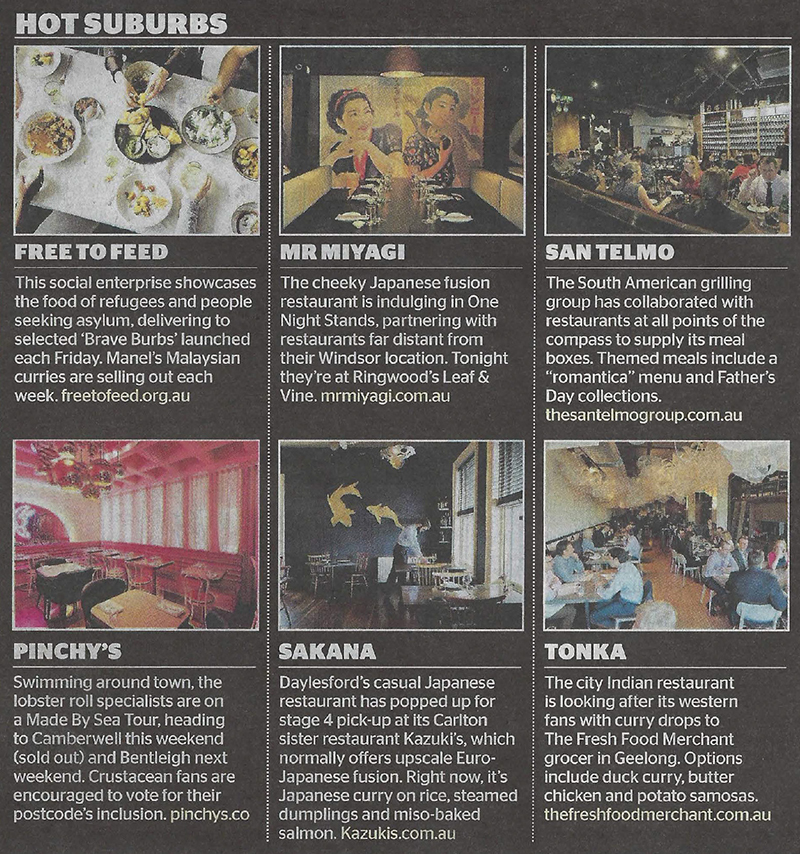
One of the important lessons from the (first) lockdown was agility and flexibility. Decisions need to be made quickly, communicated appropriately and delivered. Change can be difficult to manage, especially amongst larger teams or complex organisations, the organisations key business model may need to be amended to ensure that it remains relevant to the current situation – one that is fluid and in a constant state of flux. Skill sets need to be modified to ensure that they continue to support the aims of the business. Incentives and KPI’s may need to be adjusted to ensure that the reflect the short to medium term goals of the business.
If there is a silver lining to the current situation it must come from within our own industry. Recent research (Toluna, COVID-19 Barometer) posits that eating out is the top way customers will be spending money over the next 1-2 months, citing that despite 40% of respondents citing they’ll be more careful about where they spend their money over the coming months, 45% are planning on eating out in the coming months! This figure is even higher in states with low case numbers (49% South Australia, 60% Western Australia, 51% Tasmania). With 30% of respondents not wanting to book travel and 27% hold out booking tickets to an event until after August 2021, there’s likely to be more discretionary budget available to spend on eating out!



